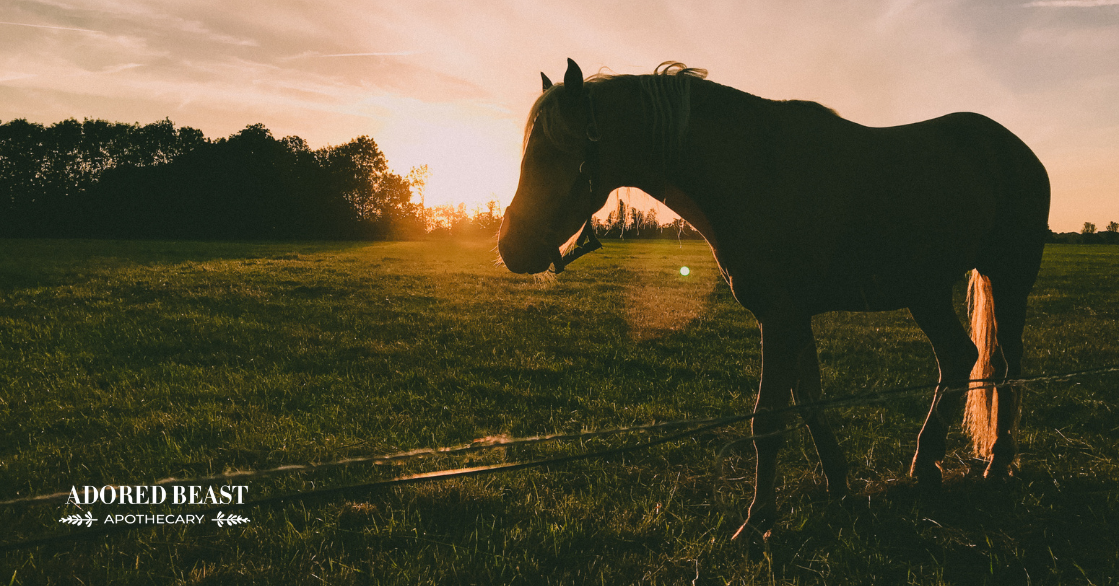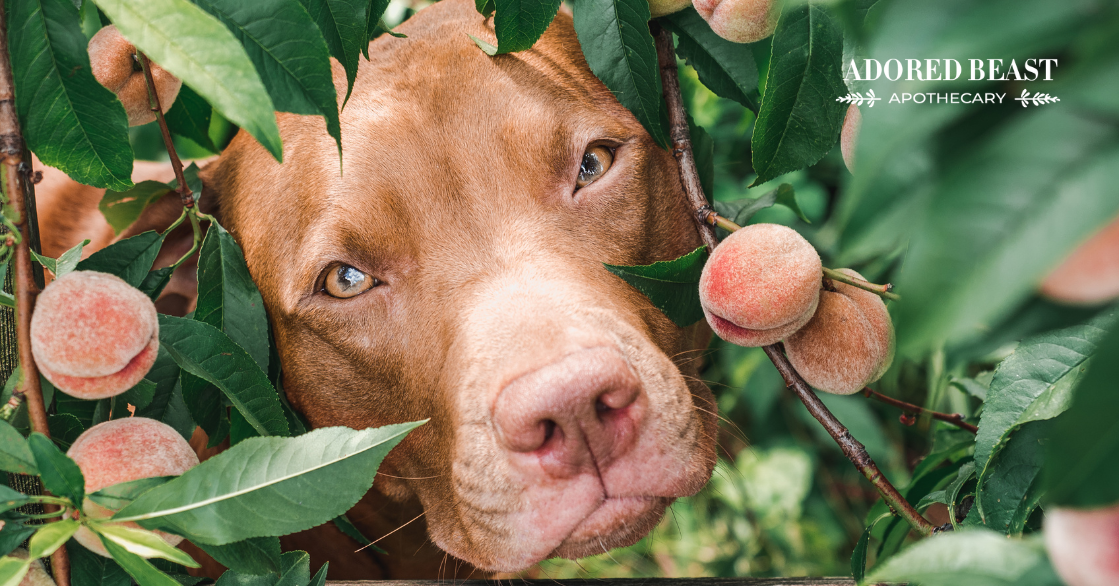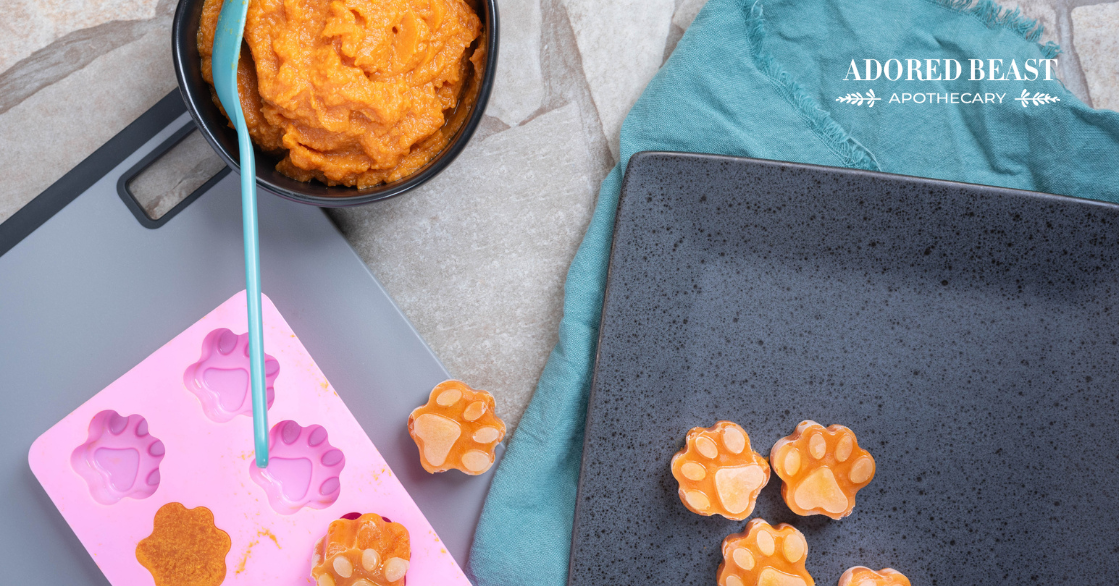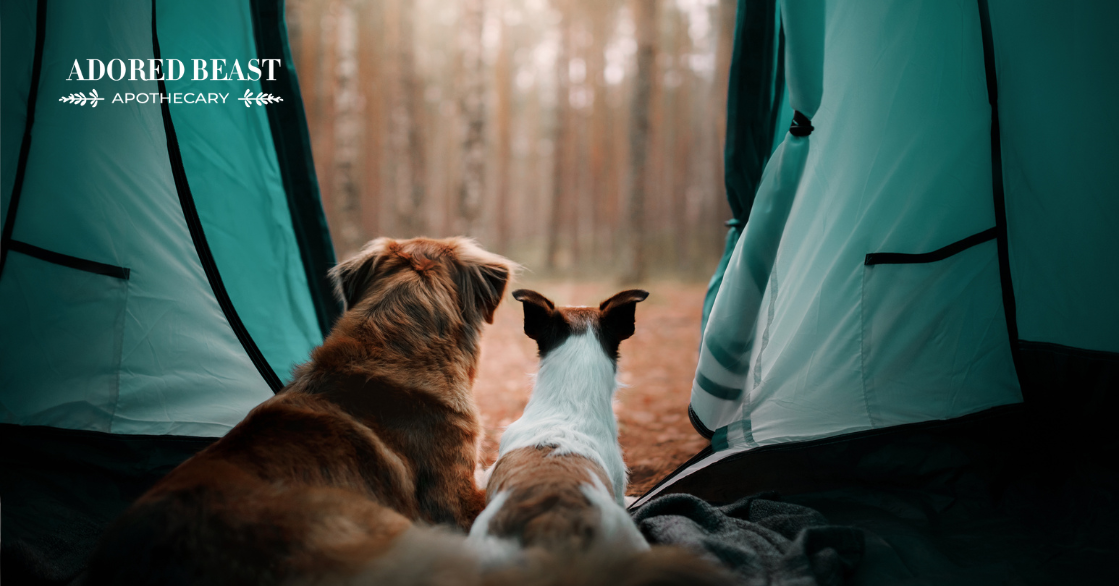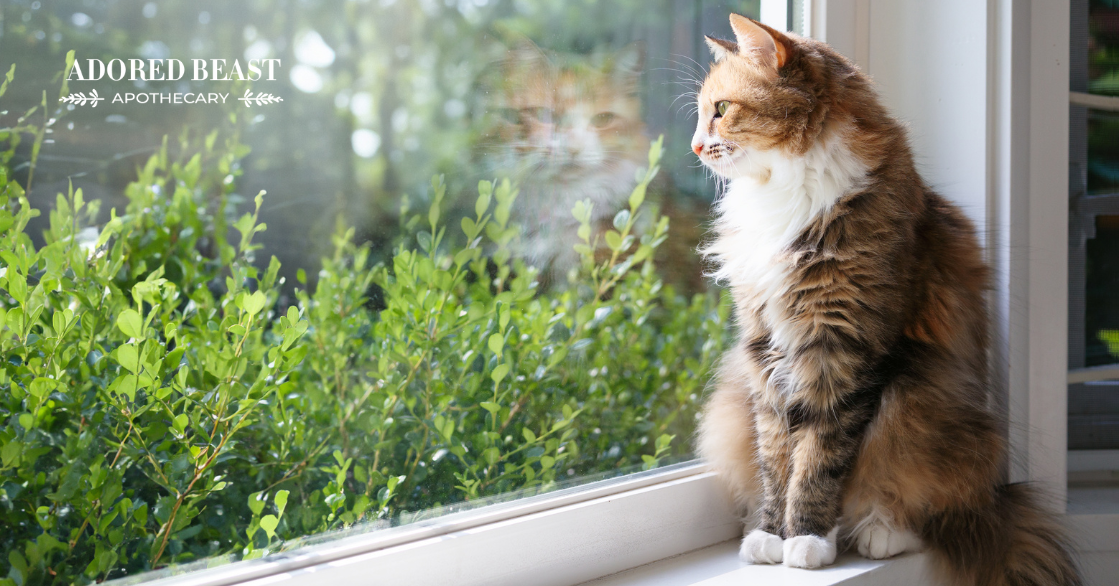We’ve been talking a lot of about the gut lately. And for good reason – it plays a key role in your horse’s overall health and wellbeing.
And two of the things we talk about most often when it comes to gut health are pre and probiotics. These are terms that we’ve all come to know and love. But there’s a third that we often forget about…
The power of a diverse, fibre-rich diet (prebiotics) and access to the microbial world (probiotics) lead to a significant increase in the microbiome’s ability to produce magical chemicals: postbiotics.
So what are postbiotics, and why are they important?
What are Postbiotics?
Postbiotics are beneficial metabolites that the microbiome is able to produce. The richness and diversity of the microbial community determines its ability to create richness in the chemicals that support healthy function of your horse’s biorhythm.
Essentially, postbiotics are the waste left behind after the body digests both prebiotics and probiotics. Healthy postbiotics include nutrients like vitamins B and K, amino acids, and substances called antimicrobial peptides that help to slow down the growth of harmful bacteria.
There are countless metabolite chemicals that the microbiome can produce. To keep things simple, I put them into categories to make it easier to understand their range and depth. Remember that these chemicals give your horse the ability to communicate in real-time with the outside world, and they’re always upgrading and in relativity to their diet and environment. Think of your horse’s body as the hardware and the microbiome as constantly upgrading software. It’s kind of like your smartphone but WAY more sophisticated. One study recognized over 1300 unique metabolites produced by the equine microbiome. (1)
When your horse eats , it travels through the digestive tracts and begins the digestive process through excretion of stomach acid and fermentation. Fermentation is preformed by the gut microbes. The chemicals produced during fermentation are the postbiotics. Postbiotics produced will be relative to the quality and variety of the diet, along with the unique community of microbial strains that inhabit your horses gut. This is a chain reaction – the quality of what’s going in is what is going to come out. It’s important to understand how vital this is for your horse’s long-term health and wellness.
Hind Gut Fermentation
Horses are hind gut fermenters. This means that a large majority of the digestive process (and absorption) happens in the hind gut. Fermentation is performed by the microbiome. So, if your horse’s gut bugs are low in diversity and health, your horse will be too. An unhealthy gut biome leads to a number of serious issues with the production of postbiotics. This can lead your horse down a path of nutrient deficiency and disease.
Types of Postbiotics
SCFAs
Short Chain Fatty Acids (SCFAs) are one of the most abundantly produced metabolites of the microbiome. There are too many individual SCFAs to list here (hundreds). These chemicals are known to greatly influence immune function and modulation. Butyrates are among the most abundantly produced SCFAs by the gut microbiome. Sodium butyrate is produced by the fermentation process of a healthy gut biome and has the following functions:
- stimulation of digestive enzyme production
- contributes to the function and regeneration of colon cells
- controls inflammation (immune modulation
- contributes to the integrity of the intestinal wall and villi (increasing surface area of the intestine, leading to increased absorption of nutrients)
- regulates healthy gut motility
And that is just one of the many SCFAs produced by your horse’s gut!
Vitamins
Essential vitamins are produced by the gut bugs in the colon including:
- B12 – involved in counter-acting the effects of stress (antioxidant), integrity of the myeline sheath of nerves, normal production of blood by the bone marrow and reproductive health.
- Folate (B9) – necessary for production of hemoglobin (extremely important for endurance in performance horses), central nervous system function, gut, respiratory, and organ lining integrity.
- Vitamin K2 – necessary for healthy blood clotting, platelet health.
If you suspect your horse has a gut issue, you can get their blood tested to asses their levels of B12 and folate. If they are low, there is a good chance your horse has a significant gut imbalance.
Other Metabolites Produced by the Microbiome
Enzymes – The catalysts of the endocrine system (including digestive, immune, reproductive, nervous, musculo-skeletal function). It’s important to understand that your horse’s metabolism cannot function correctly if essential enzymes are not being produced by the gut. Studies show that low biodiversity in the gut is a contributing factor to insulin resistance in horses. (2)
Essential and Non-Essential Amino Acids – The building blocks of protein, contributes to DNA integrity, immune function, and digestion.
Examples of amino acids produces in the gut:
L-Tyrosine – involved in protein and enzyme production and thyroid regulation
L-Tryptophan – involved in the brain’s metabolic function, prediction of melatonin and serotonin, sleep cycles, stress reduction, appetite, mood and liver production of vitamin B3
Peptides – antimicrobial, immune modulatory agents, metabolic catalysts
We Know Very Little – But What We Do Know Counts!
The full array of functions of a healthy microbiome hasn’t been discovered yet, but what science is showing is that healthy horses have more variety and biodiversity in their gut. So, everything you do for your horse must take this factor into consideration.
If you missed my lecture of gut health, check it out here for tips on how to improve your horse’s microbiome and their overall health and wellness.
References:
- Animals Journal: Alterations in the Fecal Microbiome and Metabolome of Horses with Anti-Mircrobial-Associated Diarrhea Compared to Antibiotic-Treated and Non-Treated Healthy Case Controls, 2021
- Journal of Equine Veterinary Science: Comparison of the Fecal Microbiota in Horses with Equine Metabolic Syndrome and Metabolically Normal Controls Fed a Similar All-Forage Diet, 2016

